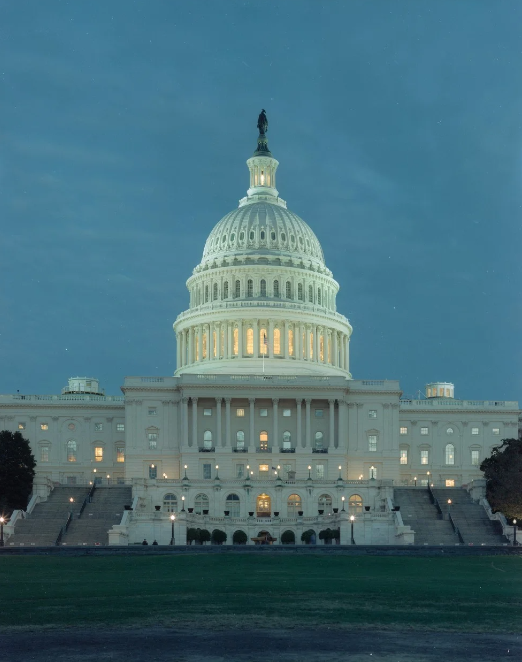In the current political climate, it’s evident that the venomous rhetoric directed towards opposing parties is not only toxic for the social fabric but is eroding the very foundations of effective governance. Relentless hate, fueled by partisan fervor, has given rise to a culture of animosity that impedes the government’s ability to address pressing issues. It’s time to acknowledge the destructive impact of this hate in and shift toward civility and cooperation to pave the way for a more functional government.
The first casualty of political hate is trust – the cornerstone of any successful democracy. Hurling insults and engaging in character assassinations across party lines erodes faith in the political process. This loss of trust in government institutions diminishes the government’s ability to implement meaningful policies. Trust serves as the bedrock upon which a healthy democracy stands; without it, the entire structure is vulnerable to erosion and decay.
When hate-driven divisiveness infiltrates legislative chambers, an atmosphere of hostility prevails that obstructs progress. Lawmakers, consumed by the zeal of party rivalries, often prioritize scoring points over the passage of legislation crucial to the nation’s well-being. The result is a legislative gridlock, leaving essential issues unaddressed and citizens under served. The very institution designed to create laws for the common good becomes a battleground for political one-upmanship, leaving citizens in the crossfire of political agendas.
Too often, this hate transcends the boundaries of ethical conduct and legality. Recent incidents highlight the alarming extent to which this hate has permeated the political landscape. In order to discredit Susanna Gibson, a candidate for the 57th Virginia House of Delegates district, the Virginia Republican party took a shocking and inappropriate step by mailing sexually explicit images involving Gibson to several thousand voters. This act not only crossed the line of decency, but also breached legal and ethical boundaries, raising serious concerns about the lengths to which parties are willing to go to win elections.
The incident in Virginia is a glaring example of the toxic depths to which political animosity has sunk. Instead of engaging in constructive debate and focusing on policy differences, some political actors focus on negative ways to sway voters. One of their tactics is to expose salacious details of their opponents. It is insulting to their constituents for these politicians to believe that the public cares more about obscene details than their politics.
To break free from the cycle of hate and ineffective governance, citizens must recognize the power they hold in shaping the political landscape. Civil discourse, respect for differing opinions and a commitment to finding common ground are essential. A society that values cooperation over confrontation fosters an environment where government officials can prioritize the needs of the people over party interests. A collective responsibility exists to demand better from politicians to ensure that the public’s needs are met.
It’s time to pivot towards a more constructive and inclusive political discourse. Citizens can play a pivotal role in rebuilding trust by promoting bipartisanship and demanding policy stability. By rejecting the poison of hate and embracing a culture of collaboration, the public can pave the way for a government that is both and effective and representative of the diverse needs and aspirations of its citizens. The antidote to the current malaise lies in the public’s ability to transcend divisive rhetoric and work towards politics that serve, rather than undermine, the common good. Only then can we hope to forge a path toward a more united, resilient and prosperous society.
Brigid Baleno can be reached at [email protected].


















